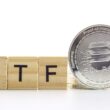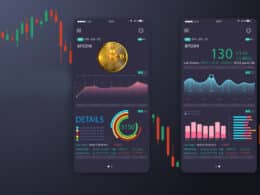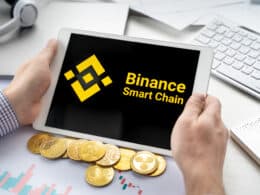A blockchain is a distributed ledger used to store immutable, verifiable records. It has been chiefly utilized in cryptocurrencies, but its applications are far-reaching, spanning industries such as healthcare, supply chain, and education. Besides keeping ledgers, this technology also features smart contracts and a functional rewards system, which could have numerous applications in education. Let’s break down some of these applications.
Applications of blockchain technology in academia
Keeping student records
Traditionally, issuing academic transcripts entails a time-consuming and manually tedious process of verifying each entry for accuracy. What’s more, these transcripts have often been misplaced or lost, causing untold misery to the affected students. Storing them on a blockchain would save time and ensure their safety.
Other records, such as course content, are another pain point in academia. For instance, a student intending to transfer schools may face hurdles in determining how much of the new school’s curriculum they already covered in their previous one. If such records were maintained on a blockchain, one could quickly verify a student’s completed courses and achievements.
Issuing diplomas and certificates
Schools could benefit from issuing certificates and diplomas on a blockchain. This way, employers can easily access a student’s credentials through a link to the blockchain. This solves the problem of fake diplomas during job applications.
Issuing achievement badges
Often students’ skills go unnoticed because they are outside the stipulated curriculum. By using a blockchain to store records, students can be awarded badges to showcase their proficiency in skills that fall outside their curriculum. This could be especially helpful for their future job prospects. One such project is the Open Badge Passport.
Providing file storage
Usually, recording files on all students that go through an institution takes up valuable time and space. Using hard drives may prove detrimental if they are damaged or lost. Cloud storage, the other alternative, may prove expensive in the long run. By utilizing decentralized storage solutions such as Filecoin, schools could save on costs, time and space without compromising on the security of their records.
Conferring lessons and courses
Blockchain technology is embedded with smart contracts. These smart contracts could be used to automatically verify the completion of courses by giving students tasks to complete. Once these tasks are satisfactorily completed, the smart contract could issue credits to students and rewards to their teachers.
Publishing
In academia, students and professors alike often publish research papers and other quality material. It is not uncommon for such publications to be rejected by the relevant journals, only to win awards years later. In 1937, for instance, Hans Krebs’ paper on the Citric Acid Cycle was rejected, only to win a Nobel Prize in 1953. By publishing on a blockchain, writers could easily break into the industry, while maintaining ownership rights to their publications.
Rewards
Educational blockchains could utilize cryptocurrencies to reward those who validate the information on their networks. These tokens could then be redeemed for educational goods and services such as purchases at school cafeterias, and bookstores or even pay for tuition. Tokens could also be rewarded to exceptional performers as an incentive.
Top blockchain projects in academia
Blockcerts
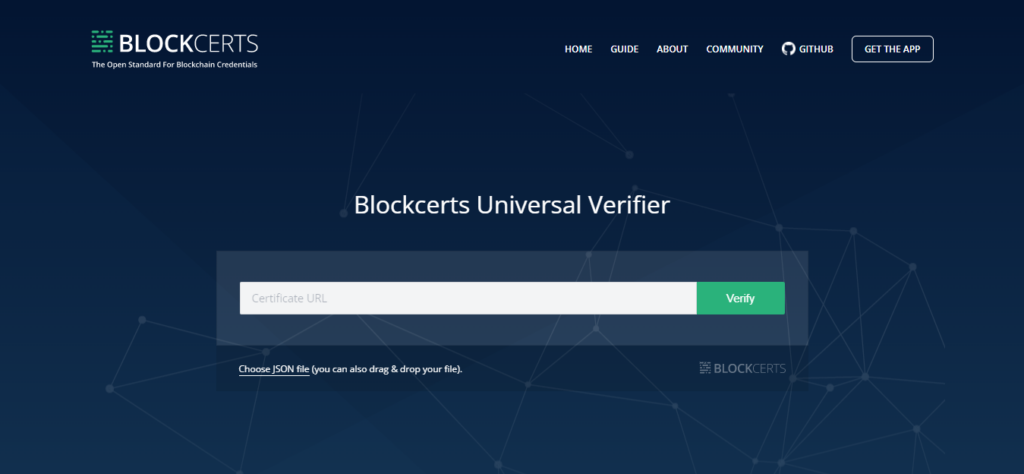
Created by MIT and Learning Machine, this is a platform for creating, issuing, and verifying blockchain-based certificates. This helps tackle the problem of falsified certificates that, unfortunately, has become far too common. The blockchain can be used to store grades, transcripts, and diplomas as immutable evidence of academic history. In 2018, more than 600 graduates from MIT chose to receive their diplomas on Blockcerts.
APPII
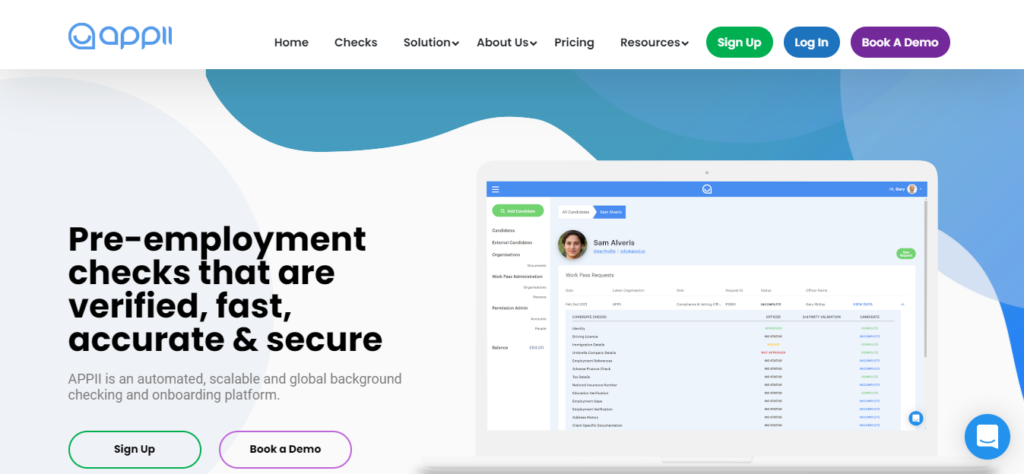
This is a platform for verifying academic credentials. Users are required to create a profile, then fill out their CV as it relates to their education, including their transcripts. Then, using blockchain technology and its underlying smart contracts, as well as machine learning, APPII verifies the entered info, and if all is in order, it locks it onto its blockchain. The program is currently in use at The Open University based in Milton Keyes, England.
Gilgamesh
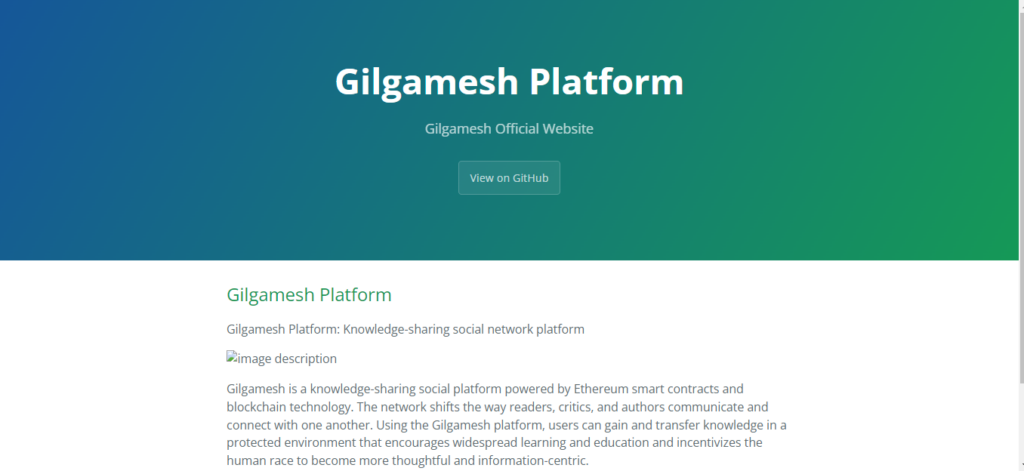
Built on Ethereum, this is a platform for sharing knowledge. Just like a book club, users gather to discuss novels, books, and other publications. In return for their participation, they are awarded GIL tokens, which they can use to purchase other eBooks. It features an iOS app, from which you can receive book suggestions, social media feeds, and a GIL crypto wallet.
Odem.io
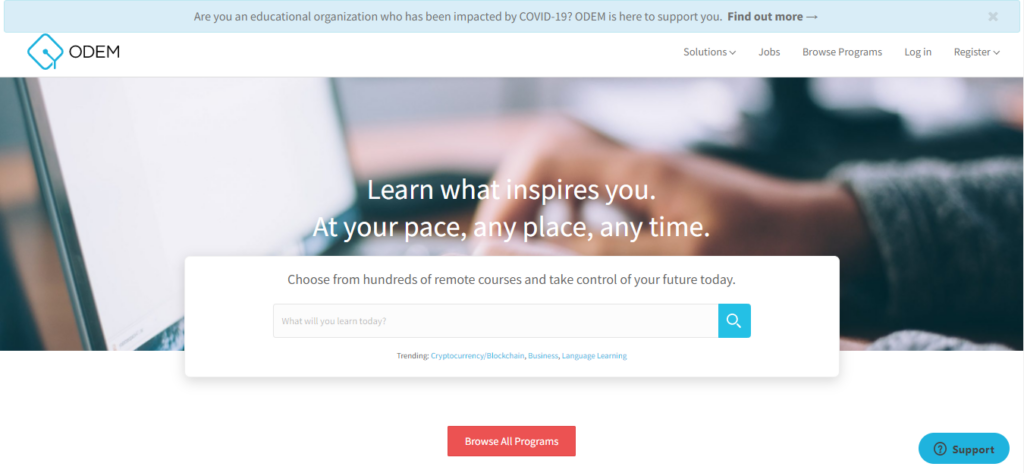
This is a marketplace for educational content and services. On it, students and professors can access a variety of remote courses. It utilizes smart contracts to connect learners with programs that can further their professional careers. The blockchain then records all the courses a learner has undertaken, or a professor has taught. Its native ODEM token can also be used to pay for courses. The platform also has skill badges for showcasing a student’s or professor’s proficiency in certain areas. This helps connect exemplary students with proficient lecturers.
Sony Global Education
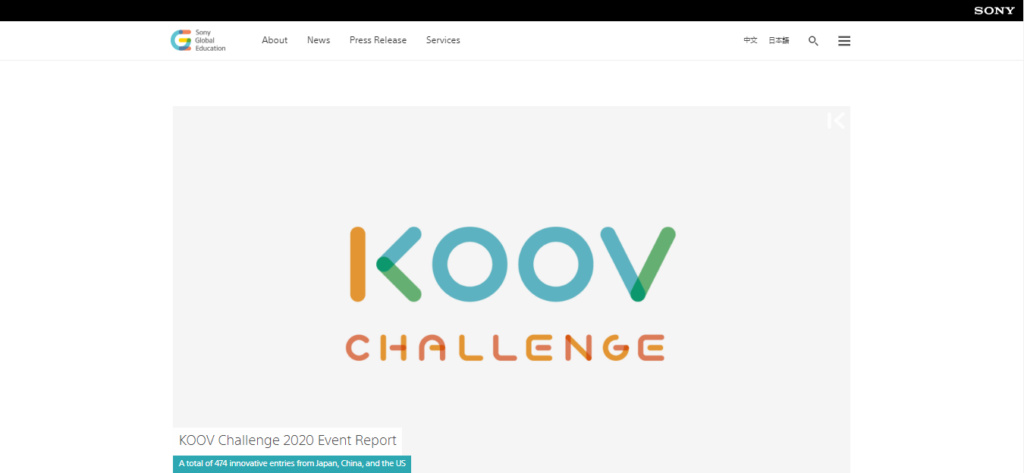
This platform enables institutions to add academic achievements and other relevant information on a ledger so that transferring students or those furthering their education can easily access their records. It is the brainchild of a partnership between Sony Global Education and IBM. In 2018, Sony utilized the platform to give blockchain-based certificates for their Global Math Challenge.
Conclusion
Blockchain technology is mainly associated with cryptocurrencies. However, as an immutable, verifiable ledger, its applications span several industries, including the education sector. This technology can automate processes vital to any academic institution, such as keeping student records and awarding certificates. Currently, several projects have cropped up in this space, from which we’ve discussed the top 5.

